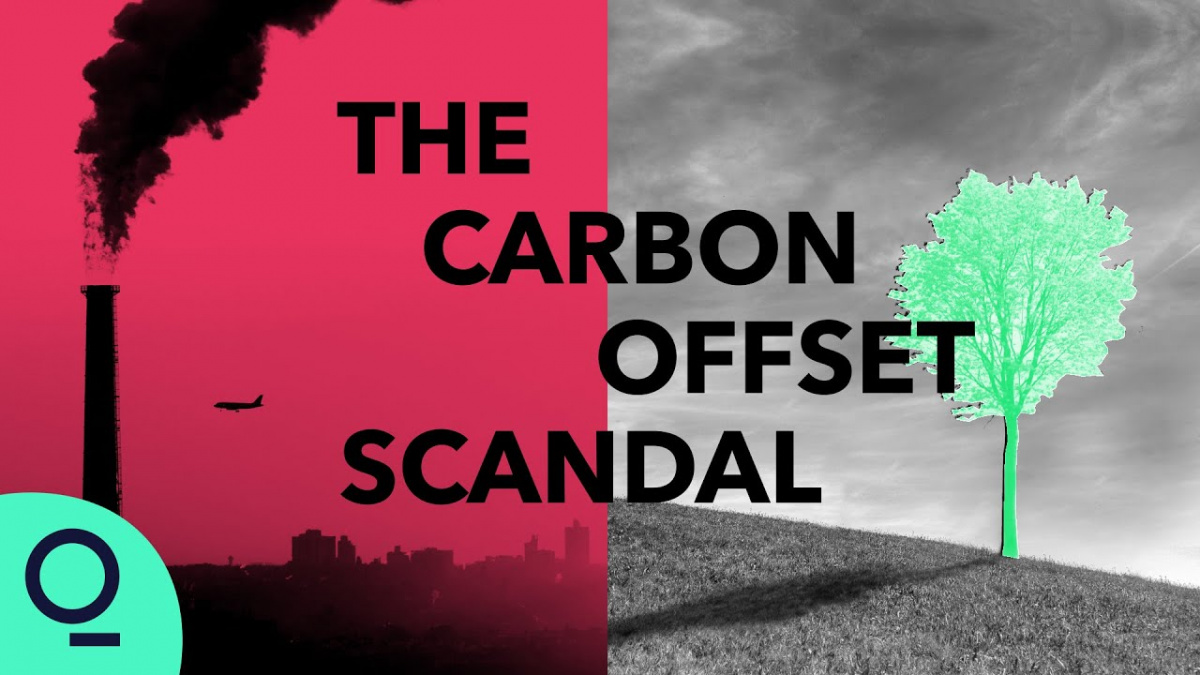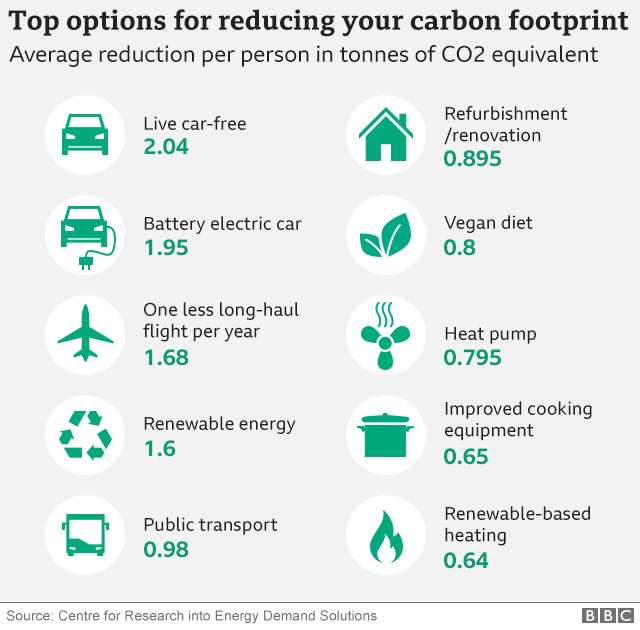Holiday carbon offsets, are they the real deal?
By Dr Francesca Di Palo, Sustainable NI
Five days after returning from my Easter break in Italy to visit my family, I received two notifications of flight offers through the Ryanair app on my phone!
My first thought was, such an excellent and efficient service with the summer holidays approaching. But soon after that consumeristic blink, I stepped back to look at the bigger picture. It is an incredible marketing strategy with the simple idea to get people to buy and fly more in the next two or three months without considering the potential environmental impacts. But, there is no time for that, the offer will end tonight!
For two tickets that cost us the price of one, what is the real cost of energy consumption, air and noise pollution, and waste production?
Vast amounts of plastic and food waste, so-called cabin waste, end up in landfill or are incinerated. According to the International Air Transport Association (IATA), airlines generated 6.7 million tonnes of cabin waste in 2018, with 20-30% of the total waste being untouched food and drinks, which could double in the next ten years.
 We tend to forget or ignore that waste plays a huge role in the climate issue, and if airlines are trying to make changes towards “zero waste” commercial flights, what are we doing to reduce our carbon footprint? We support airlines' “green” initiatives by investing in carbon offsetting projects like reforestation worldwide. It is a fantastic contribution to increasing consumers' awareness of the environmental price of flying, but it is a form of greenwashing.
We tend to forget or ignore that waste plays a huge role in the climate issue, and if airlines are trying to make changes towards “zero waste” commercial flights, what are we doing to reduce our carbon footprint? We support airlines' “green” initiatives by investing in carbon offsetting projects like reforestation worldwide. It is a fantastic contribution to increasing consumers' awareness of the environmental price of flying, but it is a form of greenwashing.
A study at Lancaster University has calculated that focussing only on offsetting and Greenhouse Gas Removals (GGR) could lead to an additional 1.4°C of global heating. Furthermore, researchers have highlighted that drawing carbon out of the atmosphere is a mitigation action that can deter or delay actual emission reduction initiatives when considered as the only solution.
Natural ecosystems do not have the carbon sink capacities to compensate for the enormous scale of aviation emissions. It is undoubtedly a way for airlines to meet their environmental pledges to reduce carbon emissions and tackle plastic pollution, but are they genuinely working to phase out fossil fuels?
Consumers should be encouraged to buy Sustainable Aviation Fuel (SAF) Credits, rather than investing in wind farms in Turkey, simply because the technology to accelerate aviation decarbonisation exists and needs a little push!
It is not “flight shame”, since we recognise that alternative ways of travelling have, in most cases, a lower environmental impact, but this is not always the case. According to a 2015 report from the International Council on Clean Transportation (ICCT), cruise ships account for 6% of marine black carbon emissions despite making up only 1% of ships globally. Research from the University of Exeter reveals that passengers on a seven-day voyage around the Antarctic can produce as much CO2 as the average European does in an entire year. Besides direct carbon emissions, a cruise liner can produce more than a tonne of rubbish every day, with the waste incinerated and disposed of at sea. In addition, a return flight to and from the sailing port is often needed, adding up to an enormous carbon footprint.
We can still have a great holiday while protecting the environment if we all start changing our habits and embrace more responsible consumption when we travel. From flying less to avoiding food waste and not buying onboard where plastic packaging is still an issue, a few simple rules will not disrupt our breaks.


